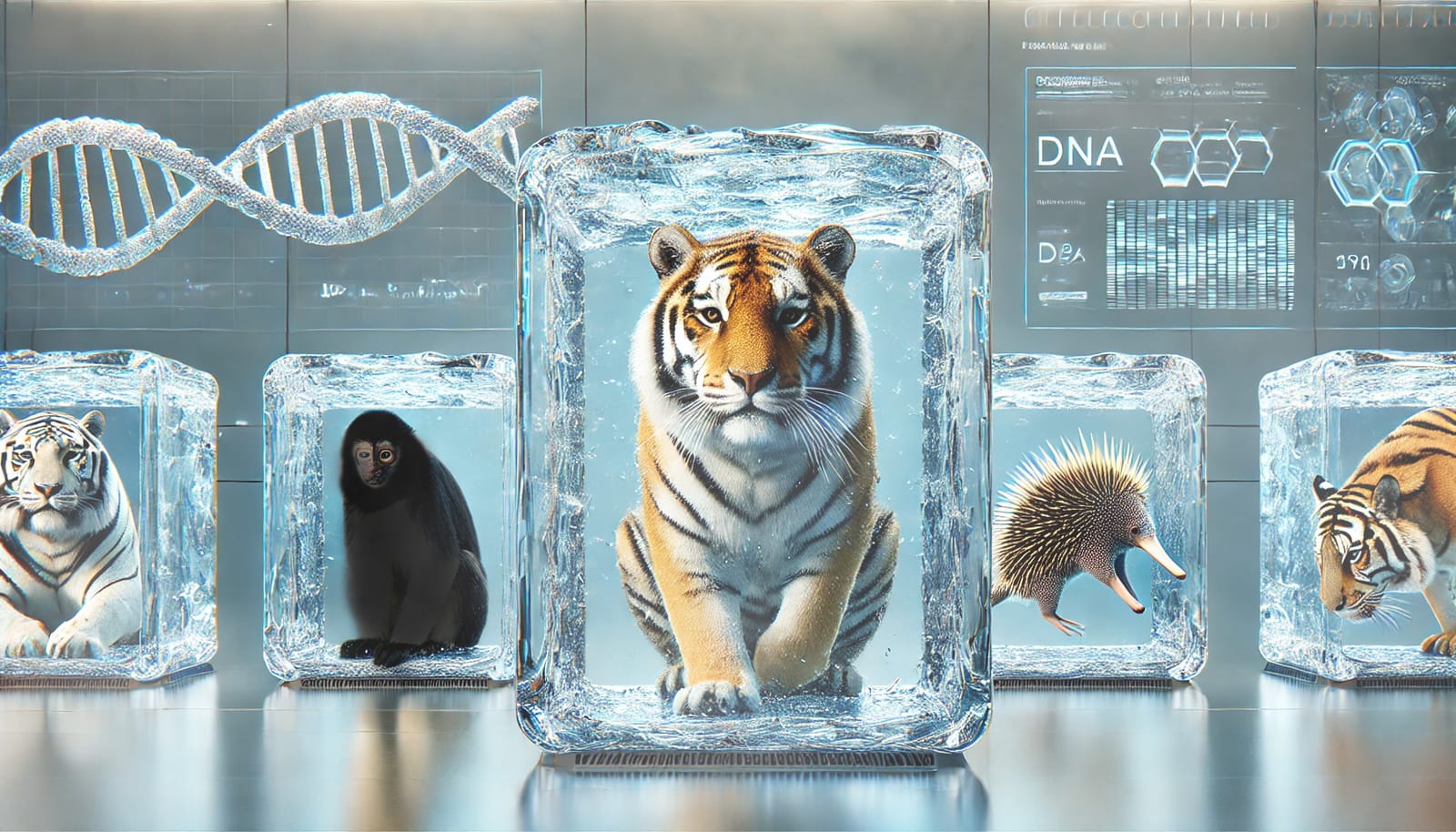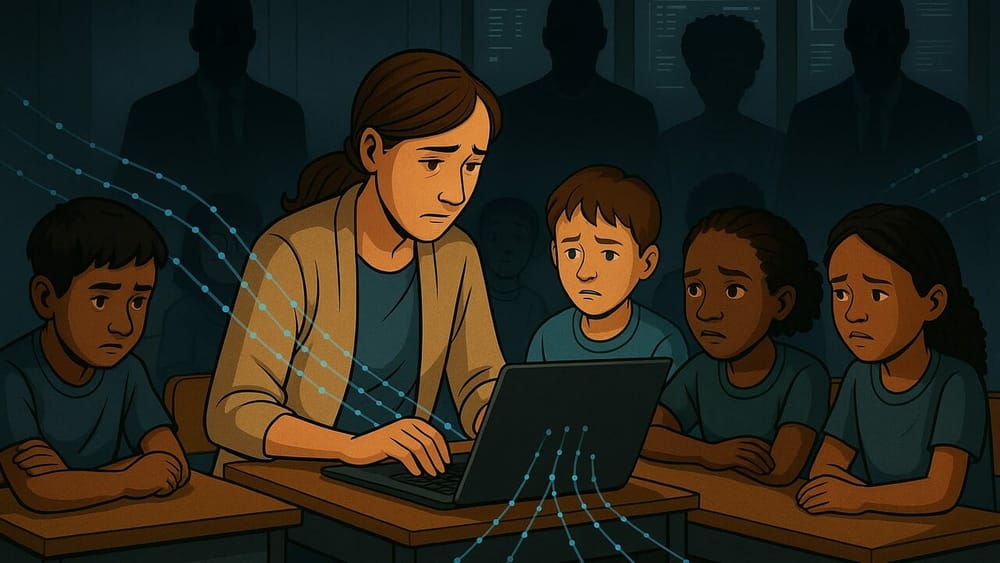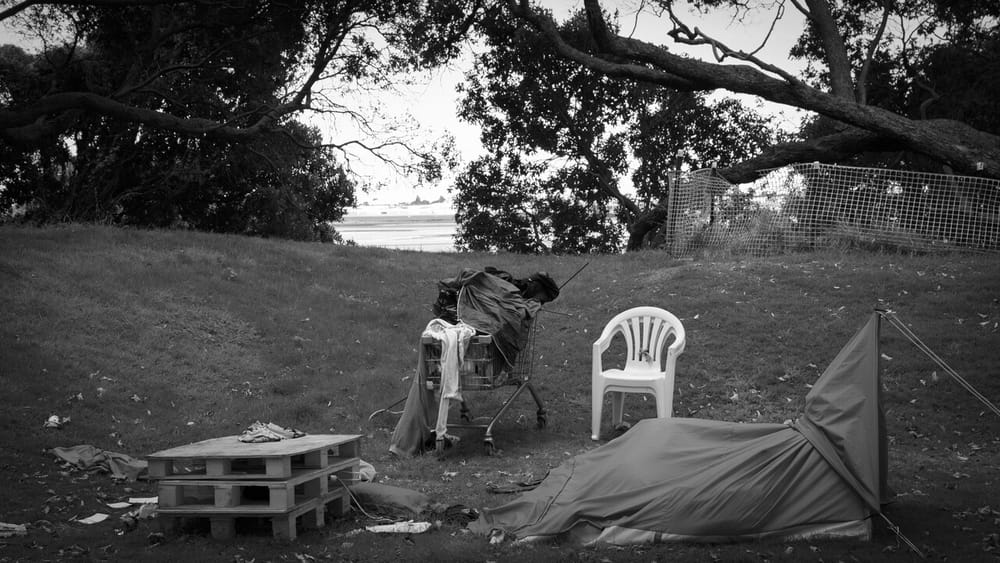Identity
The Frozen Ark is a United Kingdom-based initiative dedicated to preserving the genetic material of endangered species worldwide. Founded by Professor Bryan Clarke, Dr Anne Clarke and Professor Anne McLaren, this "frozen zoo" collects and stores samples from both wild and domestic animals facing extinction. These genetic resources aim to support future scientific research and conservation efforts. Through outreach programs and a strong social media presence, The Frozen Ark also strives to raise public awareness about the importance of biodiversity.
The Problem
The world's biodiversity is under severe threat due to climate change, habitat destruction, pollution, and overexploitation. Many species are at risk of extinction, leading to a loss of genetic diversity, which is crucial for ecosystem health and resilience. Without immediate action, we face the imminent loss of countless species and the benefits they provide to ecosystems and human wellbeing.
The Solution
The Frozen Ark utilises advanced biotechnology to biobank genetic materials from endangered species. This process involves collecting and cryogenically preserving DNA, cells, and tissues, creating a valuable genetic repository. These samples can be used for scientific research, conservation breeding programs, and potentially, the future restoration of extinct species through technologies such as stem cell research and genome editing.
Overcoming Obstacles
Biobanking faces numerous challenges, including securing funding, navigating regulatory requirements, and addressing the technical complexities of cryopreservation. The Frozen Ark collaborates with global scientists, conservationists, and local communities to overcome these hurdles. By fostering partnerships and sharing expertise, they work towards a sustainable and effective approach to genetic conservation.
Vision for the Future
The Frozen Ark envisions a future where genetic materials of diverse species are preserved and accessible for research and conservation. This effort aims to maintain biodiversity, support ecosystem resilience, and ensure that future generations inherit a world rich in natural heritage. The initiative also seeks to inspire global action and awareness about the urgent need for conservation and the preservation of genetic diversity.
Get Involved
Support The Frozen Ark's mission by learning about their projects, advocating for conservation, and adopting sustainable practices. Donations are crucial and can be made through their website, where you can sponsor a DNA sample or purchase items from their shop. Following and sharing their social media content also helps raise awareness about their important work.
Words of Wisdom
"Biological diversity underpins ecosystem integrity and the resilience of all life on Earth. Our efforts to preserve genetic material are not just about saving individual species but maintaining the health and stability of our entire planet. It is crucial that we act now, as the consequences of inaction will affect not only biodiversity but human wellbeing." - The late Professor Mike Bruford, former Interim Director of The Frozen Ark.
Read our full interview with Frozen Ark here.
Contact Details
Address: The School of Life Sciences
University of Nottingham, University Park,
Nottingham, NG7 2RD
Email: info@frozenark.org
Website: Frozen Ark
Social Media: Facebook | Instagram







